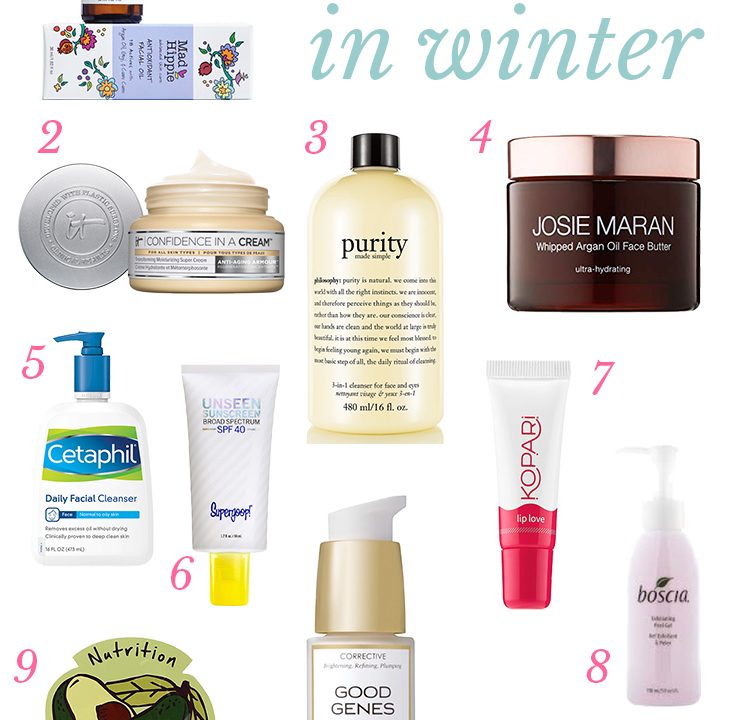As the winter months roll in, our skin often takes a toll. The harsh, cold air can leave our skin feeling dry, itchy, and uncomfortable. But fear not! In this comprehensive guide, we’ll explore your top skincare tips for dry winter skin, ensuring you maintain that summer glow even in the coldest months.
Understanding Winter Skin
Before diving into the tips, it’s essential to understand what happens to our skin in winter. The cold air outside and the warm, often dry, air inside can strip the skin of its natural moisture, leading to dryness, cracking, and sometimes even skin conditions like eczema.
Key Factors Affecting Winter Skin:
Low Humidity: Less moisture in the air means less moisture for your skin.
Indoor Heating: Central heating can make indoor air very dry.
Wind and Cold: Harsh conditions can damage the skin’s protective barrier.
Winter Skin Tips
Moisturize Regularly

One of the most critical steps in your winter face routine for dry skin is to moisturize. However, not all moisturizers are created equal. In winter, you should look for products with hyaluronic acid, ceramides, and natural oils.
- Morning Routine: Use a light, hydrating moisturizer.
- Night Routine: Apply a thicker, more nourishing cream.
Here’s a list of recommended winter moisturizers.
Gentle Cleansing

Avoid harsh cleansers that can strip away natural oils. Opt for cream or oil-based cleansers that provide extra moisture.
- Tip: Look for cleansers with nourishing ingredients like glycerin or shea butter.
Sun Protection

Yes, even in winter! The sun’s UV rays can still damage your skin, contributing to dryness and premature aging.
- Remember: Apply a broad-spectrum SPF 30 or higher every morning.
Stay Hydrated

Drinking enough water is crucial for maintaining skin hydration from the inside out. Aim for at least 8 glasses a day.
Humidify Your Home

Using a humidifier can add much-needed moisture to the air in your home, helping to keep your skin hydrated.
Advanced Winter Skin Care Tips

- Weekly Exfoliation
Gentle exfoliation once a week can help remove dead skin cells and enhance the effectiveness of moisturizers.
- Special Treatments
Consider adding a hydrating serum or face oil to your routine for an extra moisture boost.
- Overnight Treatments
Nighttime is when your skin repairs itself. Use a hydrating sleep mask or an overnight cream to support this process.
Common Mistakes to Avoid

- Over-exfoliating: This can strip the skin of its natural oils.
- Ignoring the Lips and Hands: These areas also need extra care in winter.
- Skipping Sunscreen: UV protection is a must, even on cloudy days.
Tailoring Your Winter Skincare Routine

It’s not just about adding products; it’s about understanding what your skin needs during these challenging months.
- Skin Type Matters:
- Oily Skin: You still need to moisturize! Look for light, non-comedogenic options.
- Dry Skin: Layer moisturizing products for maximum effect.
- Combination Skin: Tailor your routine for different areas of your face.
- Layering Products:
Start with the lightest products (like serums) and finish with heavier creams.
- Adjusting as Needed:
Your skin’s needs can change throughout the season. Be prepared to adapt your routine.
Diet and Skin Health

What you eat also plays a crucial role in maintaining healthy skin during winter.
- Hydrating Foods: Cucumbers, oranges, and watermelon can boost hydration.
- Omega-3 Fatty Acids: Found in fish, walnuts, and flaxseeds, these are great for skin health.
- Antioxidant-Rich Foods: Berries, dark chocolate, and green tea can help fight free radical damage.
Lifestyle Tips for Better Winter Skin

- Shorter Showers: Long, hot showers can strip your skin of moisture. Keep them short and warm, not hot.
- Wearing Protective Clothing: Scarves and gloves can protect your skin from harsh conditions.
- Regular Exercise: Increases blood flow, which can help nourish skin cells.
When to See a Professional
If you’re struggling with skin issues despite following these tips, it might be time to consult a dermatologist. They can provide tailored advice and treatment options.
- Signs to Watch For:
-
- Persistent dryness or irritation
- Eczema or other skin conditions
- Severe redness or sensitivity
Embracing Natural Skincare Remedies
Alongside commercial products, natural remedies can be a boon for winter skincare. Here are a few you can incorporate:
Honey: A natural humectant that helps retain moisture.

- Usage: Apply as a face mask for 15 minutes, then rinse.
Aloe Vera: Known for its soothing properties.

- Usage: Use gel directly from the plant or an organic product as a moisturizer.
Coconut Oil: Excellent for deeply moisturizing the skin.

- Usage: Apply a thin layer to the face or body. Great for night use.
Remember, patch test any new ingredient to ensure you don’t have an allergic reaction.
The Role of Mental Health in Skin Care

Stress can have a significant impact on your skin. During winter, take time to de-stress:
- Mindfulness and Meditation: Can reduce stress, which in turn may help improve skin health.
- Adequate Sleep: Essential for skin repair and health. Aim for 7-9 hours per night.
Seasonal Skin Care Myths Busted

Let’s debunk some common winter skincare myths:
- “You don’t need sunscreen in winter.” Wrong! UV rays can be just as harmful in winter, especially with snow glare.
- “The thicker the moisturizer, the better.” Not necessarily. It’s about the right ingredients and how well they penetrate your skin.
- “Indoor heat doesn’t affect skin.” Indoor heating can dry out your skin significantly.
Engaging with Your Audience
We would love to hear your winter skin tips and experiences. Share your favorite winter skincare routines or products in the comments below or on our social media pages!
- Engagement Question: What’s your go-to product for combating winter skin dryness?
Conclusion
By following these winter skin tips, you can keep your skin healthy, hydrated, and glowing all winter long. Remember, the key is to adjust your skincare routine to cater to the specific needs of your skin during the colder months. With the right approach, winter doesn’t have to mean dry, uncomfortable skin. By adapting your skincare routine, paying attention to your diet and lifestyle, and seeking professional advice when needed, you can maintain healthy, radiant skin all winter long.
For more personalized advice, consider consulting a dermatologist. And for daily skincare tips, follow us on our social media channels.
